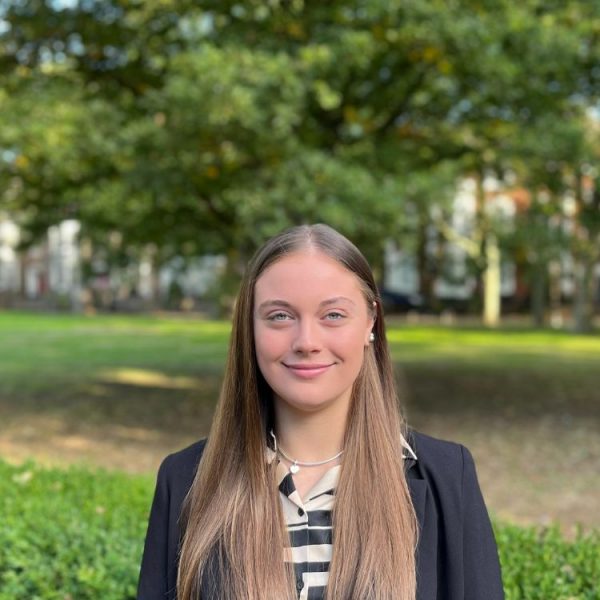We offer a fixed fee quote for properties in England, Wales, Scotland and we’ll send you a written quote confirmation by email.
The process for an application for a Grant of Probate only is suitable for estates where:
- There is a valid Will
- There is no more than one property
- There are minimal bank or building society accounts
- There are no other intangible assets
- There are a small number of beneficiaries
- There are no disputes between beneficiaries on division of assets. If disputes arise this is likely to lead to an increase in costs
- There is no inheritance tax payable and the executors do not need to submit a full account to HMRC
- There are no claims made against the estate
As part of our fixed fee we will:
- Provide you with a dedicated and experienced probate solicitor to work on your matter
- Identify the legally appointed executors or administrators and beneficiaries
- Accurately identify the type of Probate application you will require
- Obtain the relevant documents required to make the application
- Complete the Probate Application and the relevant HMRC forms
- Draft a legal oath for you to swear
- Make the application to the Probate Court on your behalf
- Obtain the Probate and securely send two copies to you
Our fixed fee Grant Only service does not include full administration and distribution of the estate. Please see below for further details on this full probate administration service.
On average, estates that fall within this range are dealt with within 3-6 months.
Typically, the probate registry will take at least 16 weeks from receipt of the probate application to issue a sealed grant of probate.
Total Legal Fees: fixed fee of £1500 (incl. VAT at 20%) + Disbursements
These fees apply if an Inheritance Tax form 205 is required (for an estate that isn’t subject to Inheritance Tax).
Breakdown of costs:
Legal fees £1250
VAT at 20% on legal fees £250
Total Legal Fees: fixed fee of £2580 (incl. VAT at 20%) + Disbursements
Where an Inheritance Tax form IHT400 is required when the estate is more complex/is subject to the payment of Inheritance Tax.
Breakdown of costs:
Legal fees £2150
VAT on legal fees at 20% £430
Disbursements:
- Probate court fee of £273 plus £1.50 for each additional copy of the Grant
- Bankruptcy-only Land Charges Department searches (£2 per beneficiary).
- £104.52 Post in The London Gazette – Protects against unexpected claims from unknown creditors.
- £120 – £250 Post in a Local Newspaper – This also helps to protect against unexpected claims.
Disbursements are costs related to your matter that are payable to third parties, such as court fees. We handle the payment of the disbursements on your behalf to ensure a smoother process.
Complex or Large Estates costs?
The exact cost will depend on the individual circumstances of the matter and the following are considered when quoting.
- if there are multiple beneficiaries, properties and multiple bank accounts,
- If there is no will or the estate consists of any share holdings (stocks and bonds) there is likely to be additional costs that could range significantly depending on the estate and how it is to be dealt with. We can give you a more accurate quote once we have more information.
- If any additional copies of the grant are required, they will cost 50p (1 per asset usually).
- Dealing with the sale or transfer of any property in the estate is not included
An estimated cost will be provided before any work is started and cost updates throughout.
Administration of Estates
When instructed to carry out the full administration of estates we will provide the services listed in the fixed fee grant of probate section and in addition write to all creditors and debtors and collect and distribute all assets in the estate.
The exact cost will depend on the individual circumstances of the matter. We will give a fee indication at the initial meeting.















